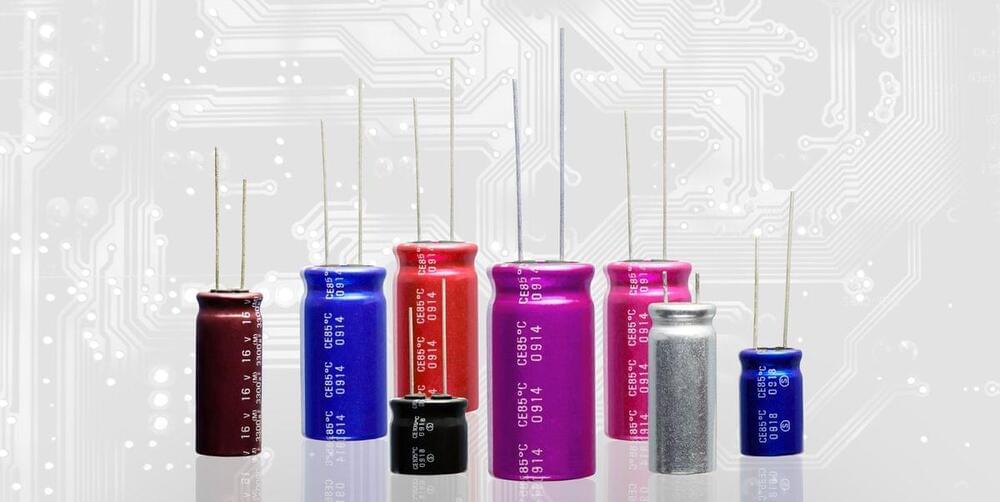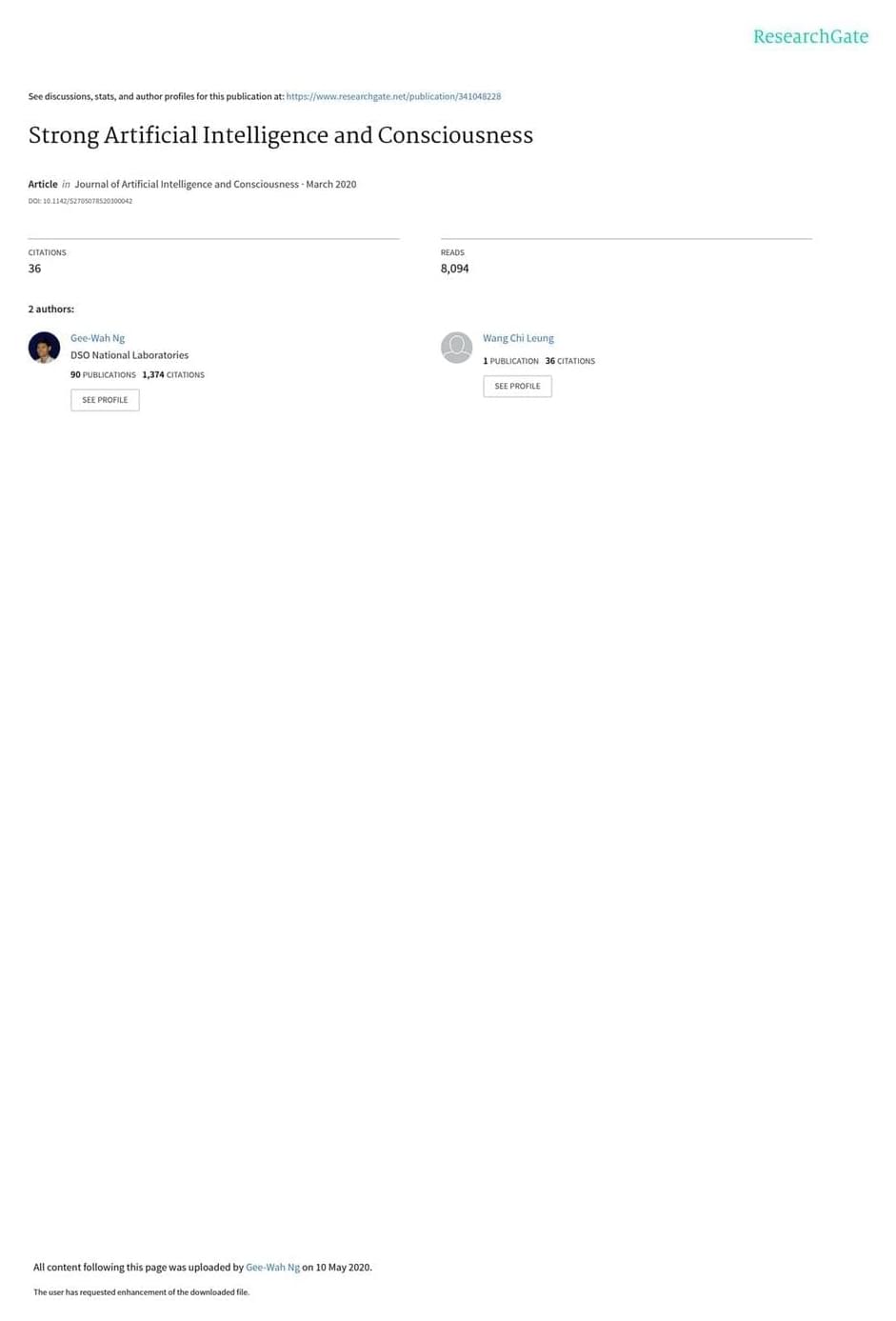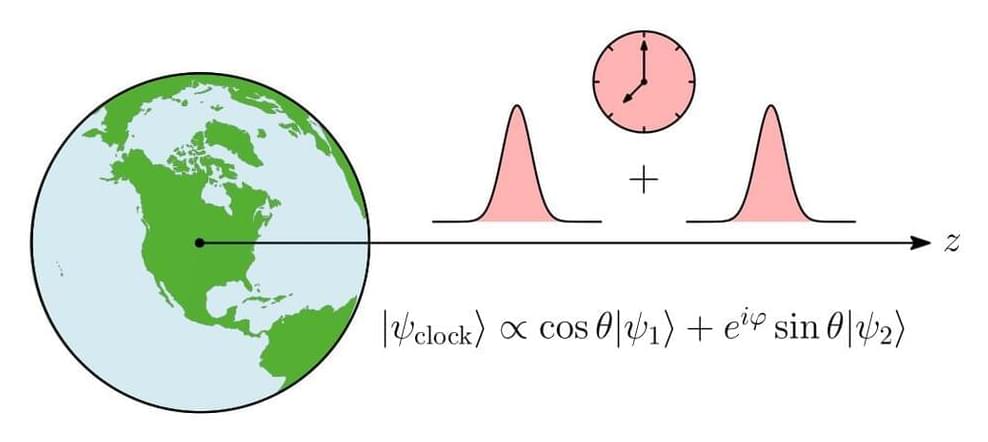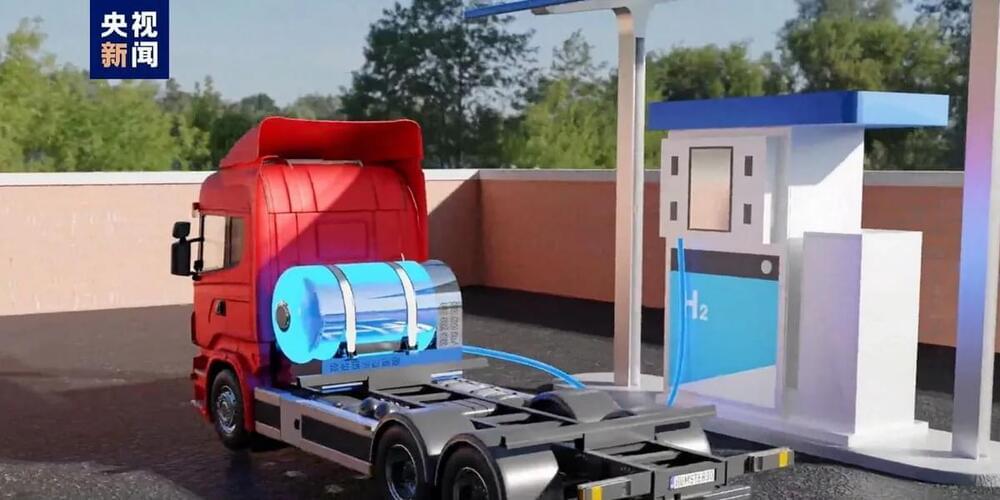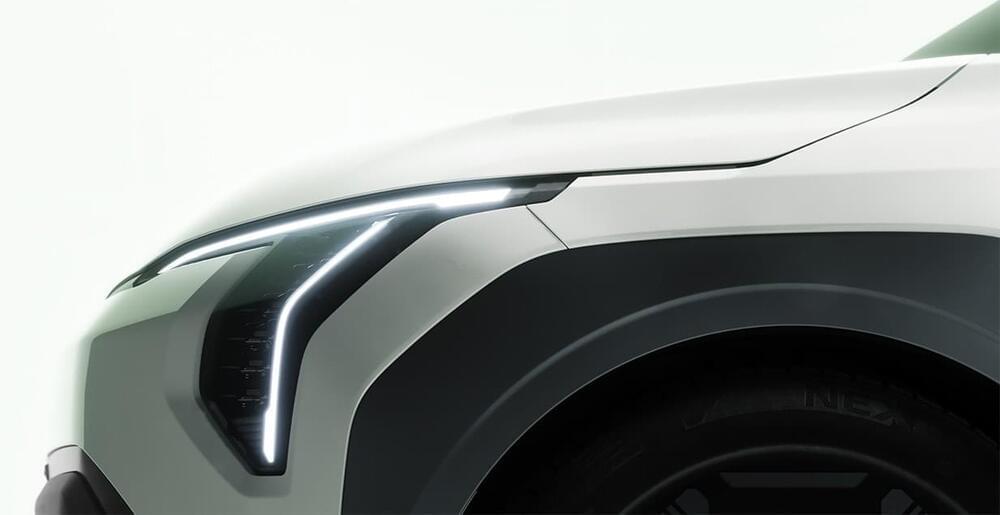Latest posts
May 14, 2024
Exploring WASP-193 b: A Cotton Candy-like Exoplanet
Posted by Laurence Tognetti, Labroots Inc. in categories: evolution, space
WASP-193 b is the second least dense planet discovered to date, after Kepler-51 d, which is much smaller,” said Dr. Khalid Barkaoui. “Its extremely low density makes it a real anomaly among the more than five thousand exoplanets discovered to date.
Can gas giant exoplanets larger than Jupiter have less density than the latter? This is what study published today in Nature Astronomy hopes to address as a team of international researchers discovered WASP-193 b in 2023, which is located just under 1,200 light-years from Earth and orbits its parent star (slightly larger than our Sun) in only 6.25 days. What’s unique about WASP-193 b is that it exhibits a radius almost 1.5 times that of Jupiter, the largest planet in our solar system, but whose mass is only 14 percent of Jupiter and whose density is just under 4 percent of Jupiter, as well. This study holds the potential to help astronomers better understand the formation and evolution of exoplanets, which continue to challenge our understanding of solar system architecture.
WASP-193 b has a density of approximately 0.059 grams per centimeter cubed (g/cm3), which is comparable to cotton candy. For context, Jupiter has a density of 1.33 g/cm3, Saturn has a density of 0.69 g/cm3, Uranus has a density of 1.27 g/cm3, and Neptune has a density of 1.64 g/cm3. Therefore, despite being larger than Jupiter, WASP-193b’s density is far less than the largest gas giant in our solar system.
Continue reading “Exploring WASP-193 b: A Cotton Candy-like Exoplanet” »
May 14, 2024
Gemini breaks new ground with a faster model, longer context, AI agents and more
Posted by Cecile G. Tamura in categories: robotics/AI, space
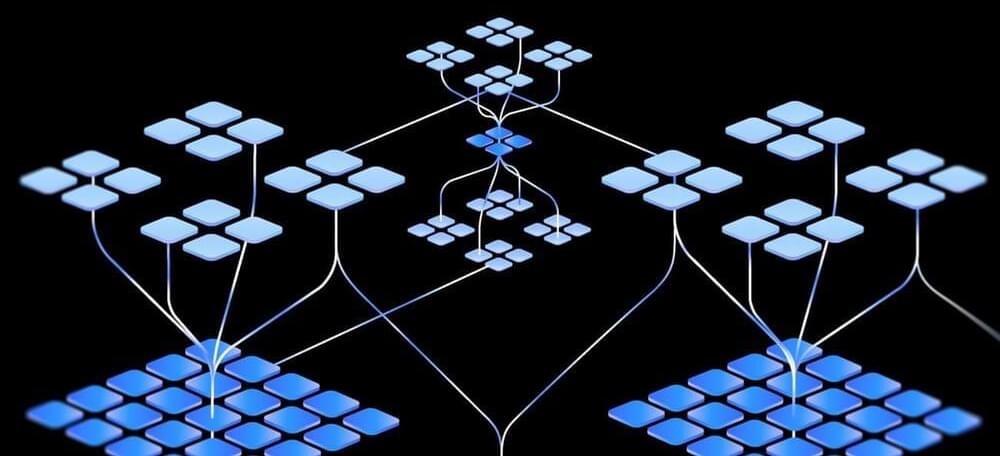
We think of GoogleDeepMind as the engine room of Google in the #AI era.
We’re sharing updates across our Gemini family of models and a glimpse of Project Astra, our vision for the future of AI assistants.
May 14, 2024
Report: Samsung Might Already Be Working on 1,000-Layer NAND
Posted by Quinn Sena in categories: computing, electronics
The company is aiming to be the first memory-maker to hit the 1 petabyte barrier in a single SSD.
May 14, 2024
A Staggering 19x Energy Jump in Capacitors May Be the Beginning of the End for Batteries
Posted by Shailesh Prasad in category: energy
May 14, 2024
Google just gave us a tantalizing glimpse into the future of AI agents
Posted by Kelvin Dafiaghor in categories: robotics/AI, space
Google is trying to turn AI chatbots to intelligent systems that can reason, plan, and remember. Project Astra is a window into this potential future.
May 14, 2024
Quantum time dilation in a gravitational field
Posted by Shailesh Prasad in categories: particle physics, quantum physics
Jerzy Paczos, Kacper Dębski, Piotr T. Grochowski, Alexander R. H. Smith, and Andrzej Dragan, Quantum 8, 1338 (2024). According to relativity, the reading of an ideal clock is interpreted as the elapsed proper time along its classical trajectory through spacetime. In contrast, quantum theory allows the association of many simultaneous trajectories with a single quantum clock, each weighted appropriately. Here, we investigate how the superposition principle affects the gravitational time dilation observed by a simple clock – a decaying two-level atom. Placing such an atom in a superposition of positions enables us to analyze a quantum contribution to a classical time dilation manifest in spontaneous emission. In particular, we show that the emission rate of an atom prepared in a coherent superposition of separated wave packets in a gravitational field is different from the emission rate of an atom in a classical mixture of these packets, which gives rise to a quantum gravitational time dilation effect. We demonstrate that this nonclassical effect also manifests in a fractional frequency shift of the internal energy of the atom that is within the resolution of current atomic clocks. In addition, we show the effect of spatial coherence on the atom’s emission spectrum.
May 14, 2024
China unveils 100kg liquid-hydrogen fuel system that could allow a truck to travel 1,300km without refuelling
Posted by Shailesh Prasad in categories: energy, transportation
State-owned China Aerospace and Technology Corporation says the new technology meets international standards.
May 14, 2024
Cheap, Stylish New Kia EV3 Electric SUV Is Coming in May
Posted by Shailesh Prasad in categories: sustainability, transportation
Tesla’s $25,000 EV is clouded with doubt, but Kia’s presumably inexpensive EV3 crossover is barreling ahead.



